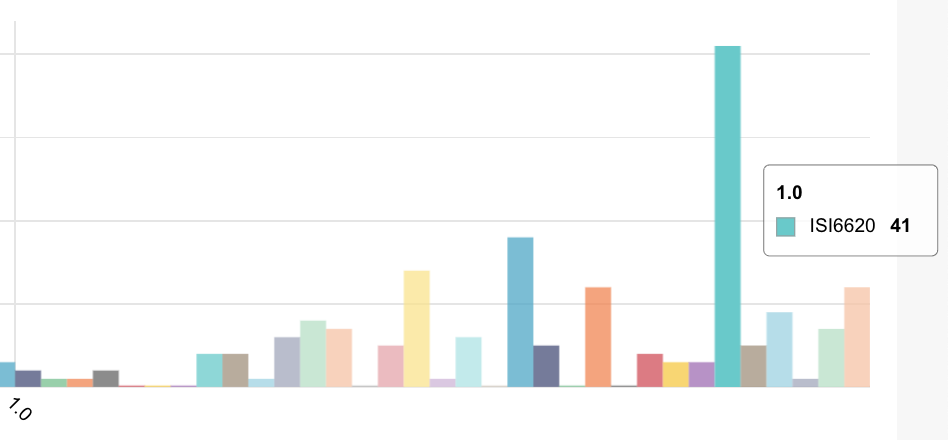Most people tend to view content protection as a recording industry or corporate espionage issue. We have forgotten that people who plagiarize original content are also violating content security – someone else’s security in this case.
My colleague Anthony Freed (who runs Information Security Resources) recently got an email from computer scientist and mathematician, Aaron Krowne. Aaron got plagiarized by no less than the the NY Times. The original story that Aaron reported is here – NY Times Caught Lifting Implode-O-Meter, Other Online Pubs’ Material
With Aaron’s kind permission, I’ve decided to republish the original article verbatim as a public service to my data security clients in the tech, bio-pharma and telecom industries – because it could happen to you also. Paraphrasing and proper citations are the kind of thing they teach you in elementary school and this is a blunt reminder to remember what Ms. Bates, your third grade teacher taught you.
We knew it was happening, but it looks like it was more extensive and systematic than we first thought:
How long did New York Times editors know of Kouwe’s story copying?
A day later, Kouwe reported for the NYT’s Dealbook that Dune Capital was expected to buy IndyMac and added two other names of buyers, JC Flowers and John Paulson, to the story. Kouwe’s report did not credit Mortgage Implode-O-Meter for first breaking the fact that 1) a private equity group was buying IndyMac 2) Dune Capital was involved.
Wire services picked up the NYT’s story and the rest of the business press ended up sourcing Kouwe for breaking the news on the sale of IndyMac to a private equity group.
Shockingly, Kouwe wrote the below, justifying his plagiarism and failures to attribute (my bold, and comments in italics):
For instance Dealbreaker and other blogs report on a lot of stories, but I don’t think anybody has ever cited them as being first with a particular scoop [even if no one else were doing it, would more wrongs make a right?]. I’ve had it happen to me a bunch of times at The Post and it really didn’t bother me because most readers just don’t care. They don’t read bylines and they don’t care about whether one paper cited a website or another paper in their stories[I am a reader and I can attest that I care. The idea of attribution is to provide it for sophisticated readers and other journalists who want, nay, who NEED to see the sourcing].much as you can; the mainstream media MUST be held accountable.
Also noteworthy, the NY Times may have lifted material from one of my other sites, IamFacingForeclosure.com, back in 2007, when we were reporting on Judge Boyko in Ohio throwing out foreclosures for failure to produce the note:
http://iamfacingforeclosure.com/blog/2007/11/16/true-sale-false-securitizations/
Back then I assumed the similar (even verbatim, in parts) coverage was just a coincedence. Now I’m not so sure. The “similarities” in the NY Times story led some to comment back then:
In a final irony, the NY Times has not taken interest in any of our significant free speech “SLAPP” suits (despite my dozens of emails to prior contacts there). While both challenge freedom of the press, in one of them, a New Hampshire Superior Court judge specifically threw out the Pentagon Papers rationale (which conferred to the NYTimes’ benefit in the 70’s), bringing the whole “let’s shirk the blogs” mindset full circle. Who will cry for the NY Times when they are gagged on the next “Pentagon Papers” issue by today’s far more authoritarian courts, because they let their blog “competitors” get savaged by the omnipresent enemies of free speech?
(More info on the suits can be found at these URLs:
http://www.citmedialaw.org/blog/2009/sam-bayard/new-hampshire-court-tramples-constitution-reporters-privilege-section-230-what-have-you
http://ml-implode.com/viewnews/2008-10-09_FHASellerFundedDownpaymentOutfitSuesMLImplodeInEffortToSilenceCr.html )
-Aaron




